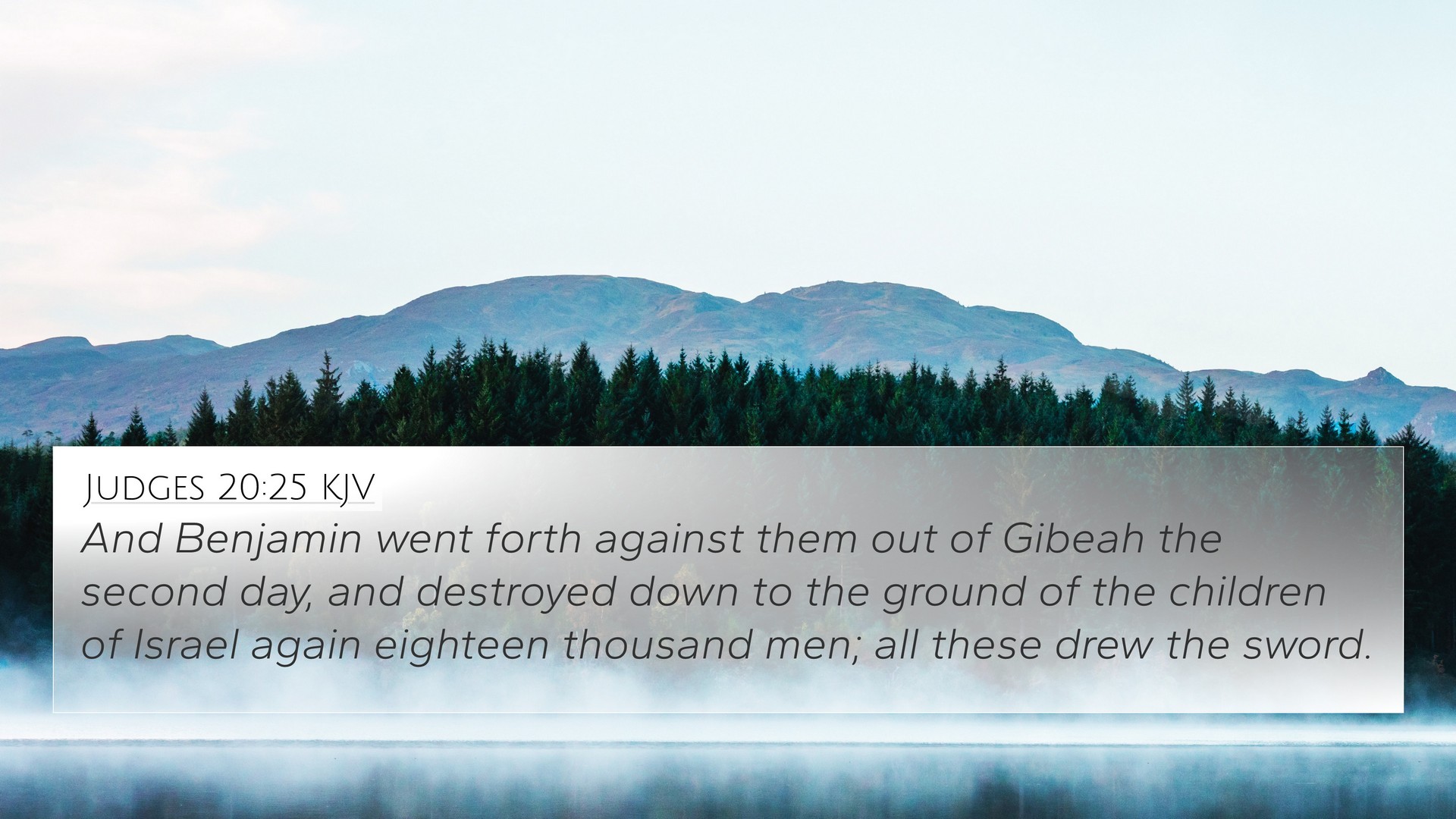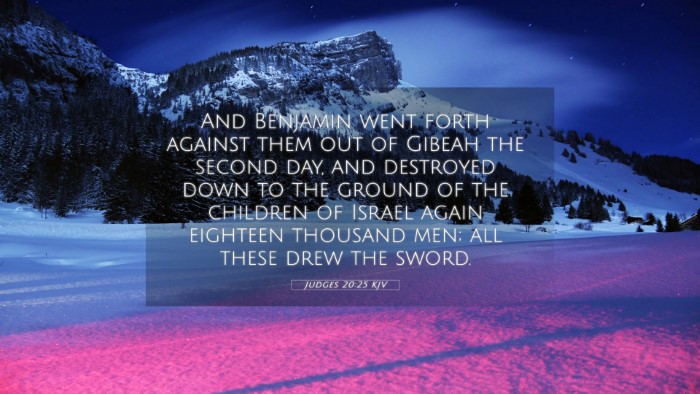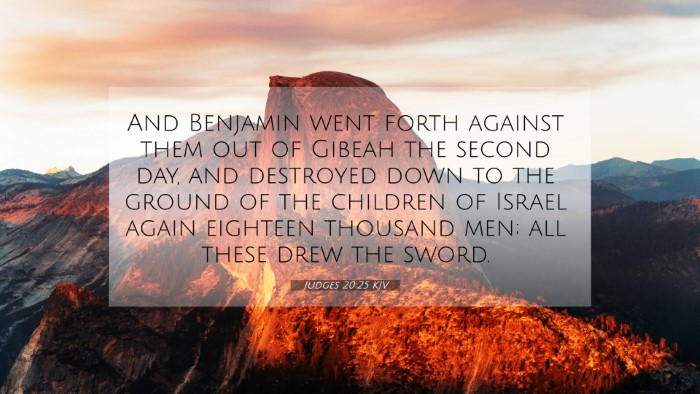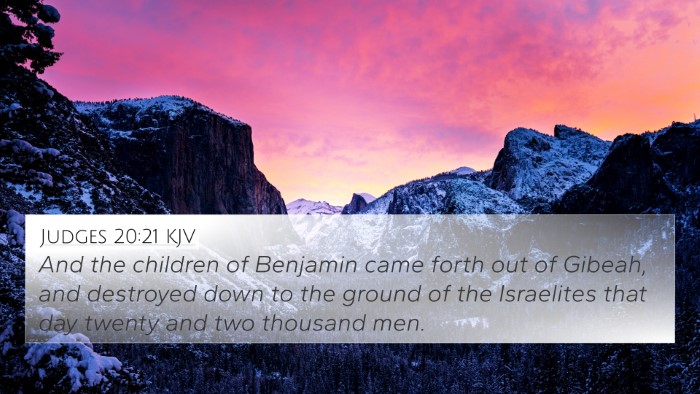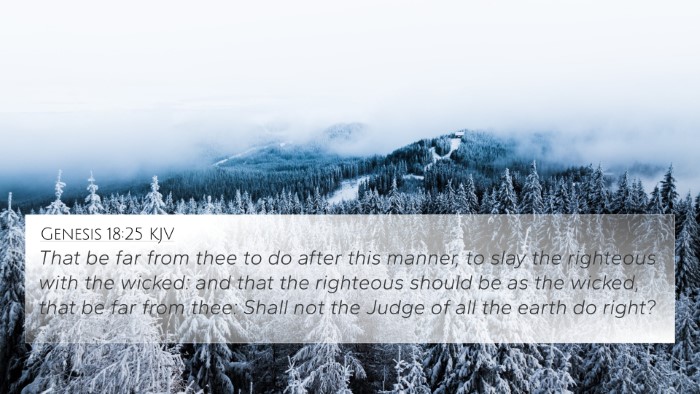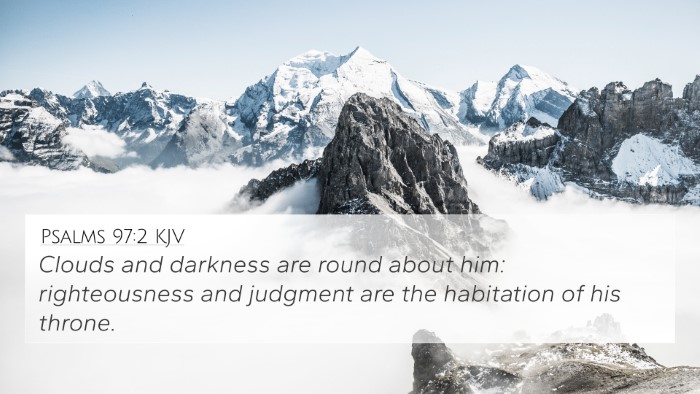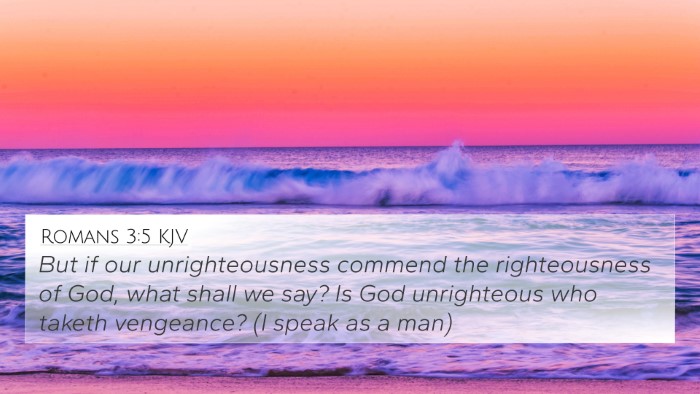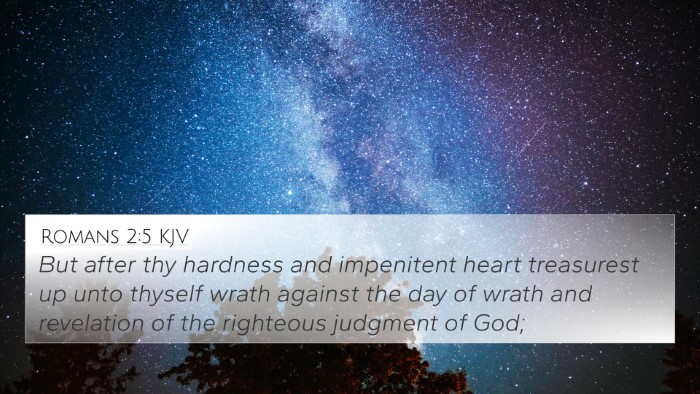Understanding Judges 20:25
Judges 20:25 states, "And Benjamin went out against them from Gibeah the second day, and destroyed down to the ground of the children of Israel again eighteen thousand men; all these drew the sword." This verse encapsulates a significant moment in the conflict between the tribe of Benjamin and the other Israelite tribes, reflecting themes of strife, judgment, and the consequences of sin. Let's explore the meaning of this verse using insights from public domain commentaries.
Overview of the Context
The Book of Judges illustrates a period of turmoil in Israel's history, characterized by moral decline and a lack of centralized leadership. The events leading up to this verse involve an atrocity committed by men of Gibeah in the tribe of Benjamin, which incited the other tribes to unite against Benjamin. This civil conflict shows the devastating outcomes of sin and the need for justice.
Commentary Insights
Drawing from Matthew Henry, Albert Barnes, and Adam Clarke, we can extract deeper meanings and connections regarding Judges 20:25:
-
Matthew Henry:
Henry interprets this chapter as a demonstration of the severe consequences of moral decay within a society. He emphasizes that the defeat of the tribe of Benjamin serves as a crucial lesson on the effects of protecting sin rather than confronting it. The loss of life on both sides reflects God's judgment on Israel for their lack of unity and righteousness.
-
Albert Barnes:
Barnes draws attention to the military engagement of the Benjaminites, noting that their fierce resistance represents the tragic consequences of choosing to fight against one's own people. He views their defeat as both a punishment and a warning regarding the dangers of internal conflict within the body of believers.
-
Adam Clarke:
Clarke comments on the strategic implications of the battle, stressing the importance of leadership and divine guidance in warfare. He underscores the symbolic nature of the conflict, where darker forces (sin and immorality) oppose the light (justice and righteousness). Clarke also highlights that the large number of casualties signifies a great tragedy in Israel.
Key Themes and Symbolism
Judges 20:25 encapsulates several themes pertinent to the overall narrative of the Book of Judges, including:
-
The Consequences of Sin:
The conflict itself stems from an act of wickedness and provides critical insights into the societal ramifications when evil prevails over justice.
-
God's Judgment:
The violent outcomes signify God's hand in the affairs of men, often as a response to collective disobedience and moral failure.
-
Unity and Division:
The verse illustrates the division among the tribes, emphasizing the need for unity in faith and purpose, especially against sin.
Cross-References
To further enrich our understanding of Judges 20:25, we can identify several cross-references that illuminate the themes present in this verse:
- Deuteronomy 13:12-15: Instructions for dealing with cities that turn to idolatry.
- Joshua 7:5: The defeat at Ai as a result of sin in Israel reflects similar judgment themes.
- 1 Samuel 15:23: Rebellion is likened to the sin of divination, emphasizing the serious nature of disobedience to God.
- Proverbs 29:2: When the righteous thrive, the people rejoice; when the wicked rule, the people groan.
- Galatians 6:7: A reminder that God is not mocked; whatever a man sows, he will also reap.
- Matthew 12:25: A house divided against itself cannot stand, highlighting the danger of internal strife.
- Romans 12:19: Calls for believers to not take vengeance but leave it to the wrath of God.
Bible Verse Parallels
The events and themes in Judges 20:25 parallel other Biblical narratives that speak to the consequences of sin and conflict. Notably, these connections can be structured around the following comparisons:
- Conflict and Judgment: Similar to the fate of Sodom and Gomorrah, where divine judgment followed severe moral decay (Genesis 19).
- Internal Strife: The conflict within the early church as narrated in Acts, revealing the dangers of disunity and disagreements.
Concluding Reflections
Judges 20:25 serves as a poignant reminder of the impacts of sin and the presence of God's judgment within the collective actions of a people. By learning from Israel's plight, believers can seek unity, righteousness, and a commitment to confronting moral failings within their communities.
The exploration of this verse through interconnected Biblical texts demonstrates the richness of Scripture wherein themes resonate across different books and testimonies of faith, further deepening our understanding through comparative Bible verse analysis and inter-Biblical dialogue.
